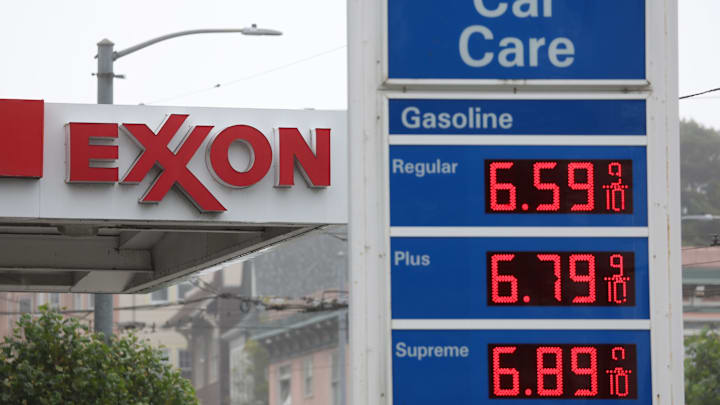Does It Matter What Type of Gas I Use?

Choosing the right type of gas for your vehicle is essential for its performance, longevity, and efficiency. The type of gas you use can impact your engine's health, fuel economy, and even the environment. Understanding the differences between various fuel types and their specific benefits can help you make informed decisions at the pump.
Firstly, it’s important to recognize that not all vehicles are designed to run on the same type of fuel. The most common types of gas available at fueling stations are regular unleaded, mid-grade, premium, and diesel. Each type of fuel has a different octane rating, which measures its ability to resist knocking or pinging during combustion. Regular unleaded typically has an octane rating of 87, mid-grade is around 89, and premium is 91 or higher. Diesel fuel, on the other hand, is a completely different category and is used in engines specifically designed for it.
Using the recommended type of gas for your vehicle is crucial. Manufacturers design engines to operate optimally with specific fuel types. For instance, high-performance engines often require premium gas with higher octane levels to prevent knocking and ensure smooth operation. Using a lower-octane fuel in such engines can lead to reduced performance, decreased fuel efficiency, and potential engine damage over time. Conversely, using a higher-octane fuel than recommended in a regular engine usually doesn’t provide any additional benefits and is an unnecessary expense.
Fuel efficiency is another important consideration. Premium fuel is generally more expensive than regular unleaded, and using it in a car that doesn’t require it can lead to higher fuel costs without any noticeable improvement in performance or mileage. However, if your vehicle’s manual specifies premium fuel, using regular gas can result in poorer fuel economy and more frequent refueling, ultimately costing you more.
Environmental impact is also a factor. Modern engines are designed to run cleanly and efficiently on the recommended fuel type. Using the incorrect fuel can increase emissions and reduce the effectiveness of your vehicle's catalytic converter, leading to higher levels of harmful pollutants. Additionally, diesel engines, which are more efficient in fuel consumption, tend to emit more nitrogen oxides and particulates compared to gasoline engines. Choosing the right fuel helps ensure that your vehicle runs as cleanly as possible, contributing to a healthier environment.
Furthermore, the additives in different types of gas play a role in maintaining your engine’s health. Premium fuels often contain detergents and additives that can help keep the engine clean and prevent buildup of deposits in the fuel system. While regular unleaded gas also contains additives, they may not be as concentrated or effective as those in premium fuels. If your vehicle requires premium gas, using it consistently can help maintain optimal engine performance and longevity.
In conclusion, it does matter what type of gas you use in your vehicle. Adhering to the manufacturer’s recommendations ensures that your engine runs efficiently, maintains fuel economy, and minimizes emissions. Using the appropriate fuel type not only protects your engine from potential damage but also contributes to overall vehicle performance and longevity. By understanding the importance of choosing the right gas, you can make informed decisions that benefit both your vehicle and the environment.